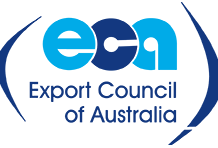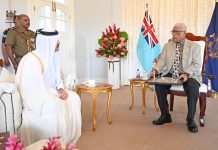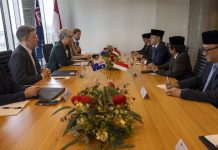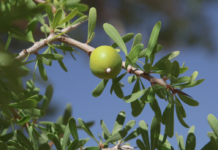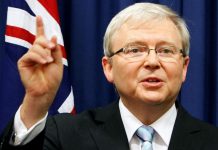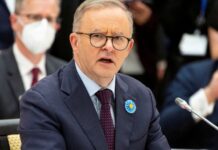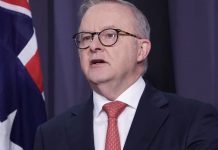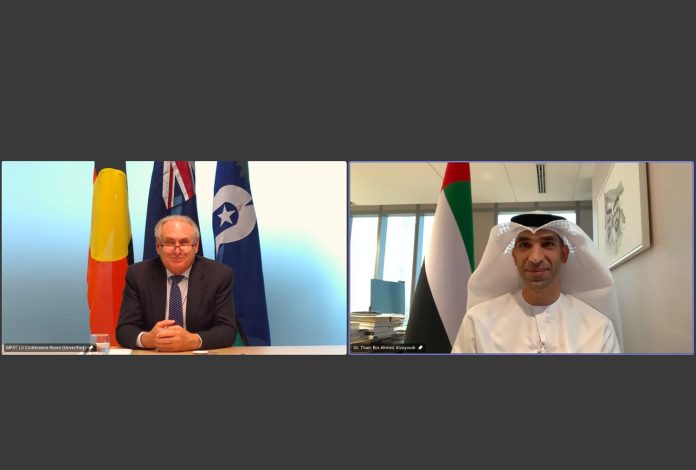Australia has finalized a Comprehensive Economic Partnership Agreement with the UAE, which could boost its exports by A$678 million ($458 million) annually.
“Today, we are pleased to announce negotiations on the Australia-United Arab Emirates Comprehensive Economic Partnership Agreement (CEPA) have concluded”, Ministry of Trade said in a statement on Tuesday adding that the deal will eliminate tariffs on about 99 percent of Australian products, leading to savings of A$135 million in the first year and increasing to A$160 million annually once fully implemented.
The UAE is an important partner, and Australia’s largest trade and investment partner in the Middle East with two-way trade worth $9.9 billion in 2023.
This trade agreement provides a gateway for Australian exporters to diversify into the Middle East, a market of around 58 million consumers and a combined GDP of A$1.4 trillion.
As Australia’s first trade agreement with a country in the Middle East and North Africa region, the CEPA aims to enhance bilateral trade and investment by streamlining trade processes, removing tariffs on a wide range of goods and services, and encouraging private-sector collaboration in key sectors.
The agreement builds on the strengthening economic ties between Australia and UAE with bilateral non-oil trade reaching $2.3 billion in the first half of 2024 — a 10 percent increase from the same period in 2023.
Australia’s Trade Minister Don Farrell stated that, as a trading nation, the country is committed to opening up new opportunities for its exporters, farmers, producers, and businesses.
“Under this trade agreement, Australian exports are expected to increase by $460 million per year, but this deal means more for Australia than just numbers. A trade agreement with the UAE will facilitate investment into key sectors, which is important to achieving our ambition of becoming a renewable energy superpower”, Farrell said.
The trade agreement is also expected to unlock UAE investment in sectors such as renewable energy and the supply chain for critical minerals, thereby catalyzing Australia’s energy transition.
“More trade means more higher-paying jobs, more opportunities for our businesses, greater investment to build things here in Australia, and cheaper bills for Australian households”, Farrell added.
The UAE is the country’s top trade partner in the Middle East and 20th globally. By 2023, the two nations had committed $14 billion to each other’s economies, with over 300 Australian businesses active in sectors including construction, financial services, agriculture, and education.
“This CEPA will unlock significant opportunities for UAE businesses and provide Australian companies with a gateway to new markets across the MENA region. I look forward to collaborating with my Australian counterpart to swiftly ratify the CEPA and deliver its benefits,”, Arab news quoted UAE Trade Minister Thani bin Ahmed Al-Zeyoudi as saying.
Australia’s Trade Ministry noted that the agreement would reduce import tariffs on UAE-produced furniture, copper wire, glass containers, and plastic, resulting in lower costs for businesses and households, with estimated savings of around $40 million a year.
The deal encompasses commitments to promote labor rights, protect the environment, and ensure sustainable development.
Australia and the UAE are working to finalize the legal treaty text, which is expected to be signed later this year.
Key Australian exports to the UAE include alumina, meat, dairy, oil seeds, seafood, steel, canola seeds, nuts, honey, coal, chickpeas, lentils and higher education.
The deal unlocks new business opportunities, creates greater certainty for Australian service providers in the UAE and makes it easier for certain skilled professionals to work temporarily in the UAE. For sectors such as education, financial services, health and research and development services, 100 per cent foreign ownership in the UAE market is guaranteed.
The UAE has already signed CEPA with major trading partners such as India, Israel, Chile, Colombia, Turkey, Indonesia, Georgia and Cambodia
The Emirates has been aggressively pursuing a Comprehensive Economic Partnership Agreement with trading partners to boost non-oil trade to Dh4 trillion by 2031. The UAE’s non-oil trade reached Dh1.4 trillion in the first half of 2024, rising by 11.2 per cent year-on-year.







